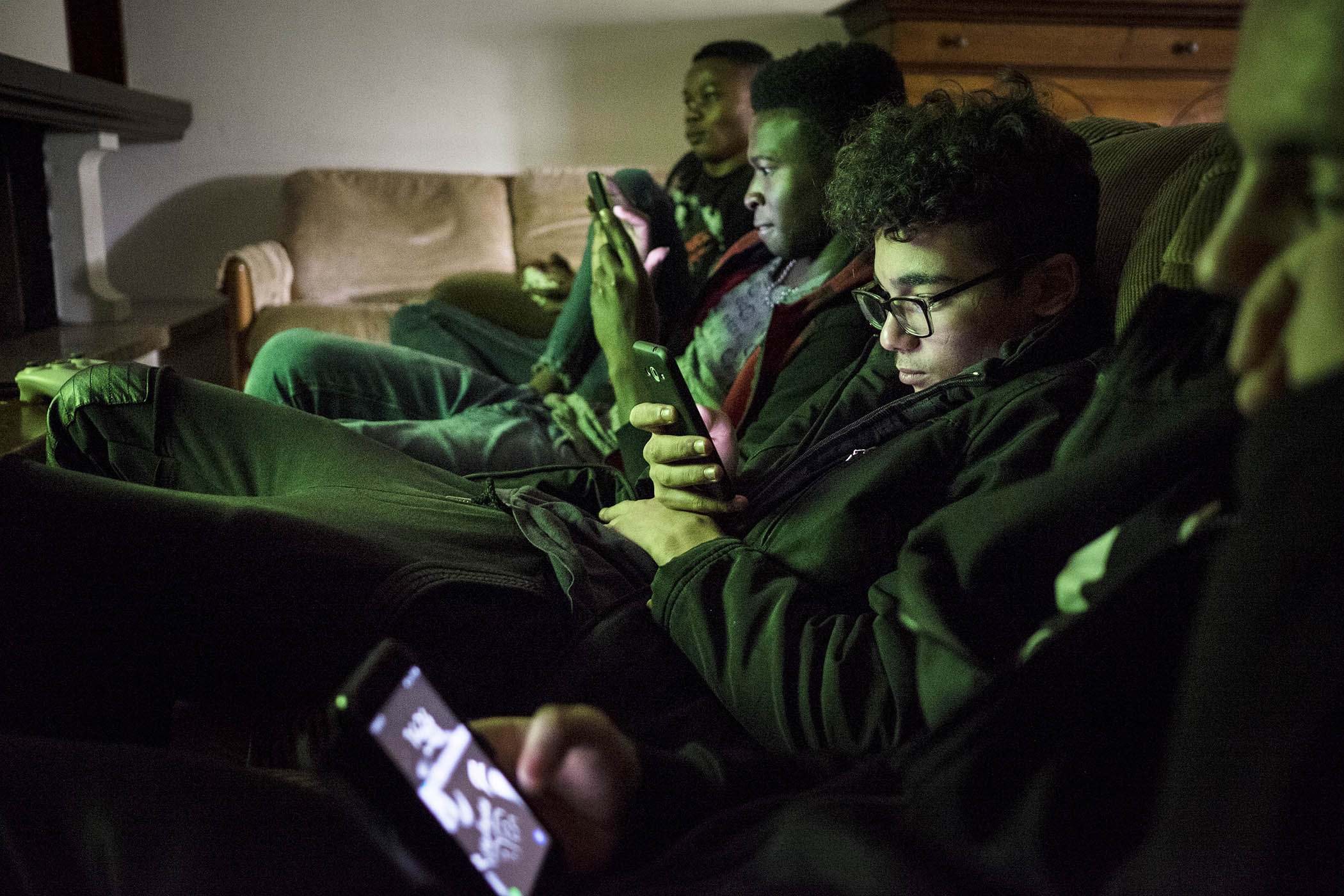Related articles:
Social media is driving a rise in the number of young people who are off work because of poor mental health, according to former John Lewis boss Charlie Mayfield, who last week published a landmark report on economic inactivity.
The Keep Britain Working review identified a “particularly concerning” growth in 16 to 34-year-olds with a mental health condition and who are economically inactive as a result of long-term sickness.
The number increased by 190,000 between 2019 and 2024, a 76% rise. Only 59% are off work because of a mental health condition as the primary reason. “I don’t think it’s an accident that this roughly coincides with when social media started to become a bigger and more prevalent feature,” said Mayfield to The Observer. “When you see a sustained increase like that over a long period of time, there has to be something behind it which is pretty broad, and that would be one of the things.”
He said mental health problems among the young had been rising since before the pandemic and it would be a mistake to attribute the rise in economic inactivity solely to the Covid crisis.
The proportion of economically inactive 16 to 34-year-olds citing mental health as their primary reason for being off work has remained steady at around one in five over recent years, suggesting that mental health diagnoses are rising in tandem with other long-term health conditions. The 190,000 increase may therefore reflect a general rise in health diagnoses across the board, raising questions about whether poor health drives young people out of work, or whether being out of work contributes to deteriorating physical and mental wellbeing.
“Work has always been stressful – you always have good days and bad days,” he said. “With experience and time, you get to know that you have to go through the bad days to get to the good ones.”
He said the online world might have made it harder to navigate the ups and downs. “If you come into work in a more vulnerable emotional state than perhaps you might have done had you not grown up in a world of social media, then you’re probably going to be a bit more anxious.”
The reasons for the trend are complex. Mental health diagnoses are increasing faster among 16- to 34-year-olds than other age groups. This may partly be because awareness and acceptance of mental illness has grown over the last decade, meaning more people are seeking help or talking about their condition.
Related articles:
Mayfield suggested one issue could be that problems are being “overmedicalised” as a result of “the processes and mechanisms” in place to help people who feel anxious. “I’m not sure it’s a question of overdiagnosis; it’s more a function of the fact that, if you go to see a medical practitioner when something is wrong, they’re likely to give you a medical diagnosis.”
The education system has also become “more skewed towards the acquisition of qualifications” rather than learning the skills that are useful in the workplace, he added.
Newsletters
Choose the newsletters you want to receive
View more
For information about how The Observer protects your data, read our Privacy Policy
Mayfield rejected the idea that the young were a “snowflake generation”, unable to withstand the normal pressures of life. “I don’t agree at all that young people lack resilience. I think that they’ve grown up in a certain situation, which has led to them having certain characteristics.”
A survey out this week of 330,000 state secondary school pupils by the Careers and Enterprise Company (CEC) found a “confidence crisis” among white working-class students, with girls the worst affected.
Among the 45,000 students identified as white British and eligible for free school meals, only 56% of girls feel confident about what they will do after GCSEs, 15 percentage points lower than their wealthier peers. Overall confidence about the future lags 12 points behind other groups.
The report calls for more work experience and employer engagement in communities where opportunity feels out of reach.
John Yarham, chief executive of the CEC, said: “This isn’t about a lack of potential – it’s about a lack of belief. When young people can’t see what’s possible, they’re less likely to aim high.”
Photograph: Giovanni Mereghetti/UCG/Getty


